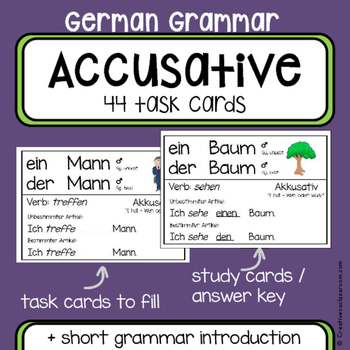

It’s also best to learn how the plural works as you’re learning the noun. Sometimes, rarely, nothing happens to a noun when you ‘re putting it into plural. Or both: add an ending and change the vowel.Change the vowel in the word to an umlaut vowel (a to ä).You add one of the following endings to the noun: –s, –n, –en, –e, –er.Then, one of three things can happen to a noun: The first step of putting a German noun from singular to plural is to change the article to “die”. German Nouns Change When They Turn Plural DER: -ant/-ent, -ich, -ling- ismus, -ist, -or, -er.Look at the ending: Word endings are telltale signs for the gender.And colors are usually neuter (das Blau (blue)). For example, weather-related words are usually masculine (der Schnee (snow). Gender categories: Some categories all have the same gender.(der Mann (man), die Frau (woman), das Baby (baby)) Male nouns are masculine, female nouns are feminine, and children are usually neuter. Biological gender: If a noun describes a person or profession, the gender is very logical.Here are a couple of tips you can use to identify the German gender: Well, there are some tricks you can use to guess what gender it is. It’s fair to wonder how you can differentiate between the three genders. It’s best to learn the gender of the noun together with the word as you’re enhancing your vocabulary. Of course, this is a new concept for English speakers. German nouns can be masculine (der), feminine (die), and neuter (das). This makes it easy for you to recognize which words in the sentence are nouns. But, there are a few differences between the grammar of English and German nouns. Just like in English, nouns signal people, places, things, and ideas. With nouns, there are only a few rules to keep in mind. German nouns are much easier to master after you learned about the cases. This is an important distinction in German and must be observed. It is the difference, inexact English, between in and into, or on and upon. With these prepositions, the dative case expresses an action that takes place in a fixed position or location, while the accusative expresses motion toward or into a place. The following prepositions take either the dative or accusative case: an Other prepositions, however, take more than one case, depending upon their context or situation.


 0 kommentar(er)
0 kommentar(er)
